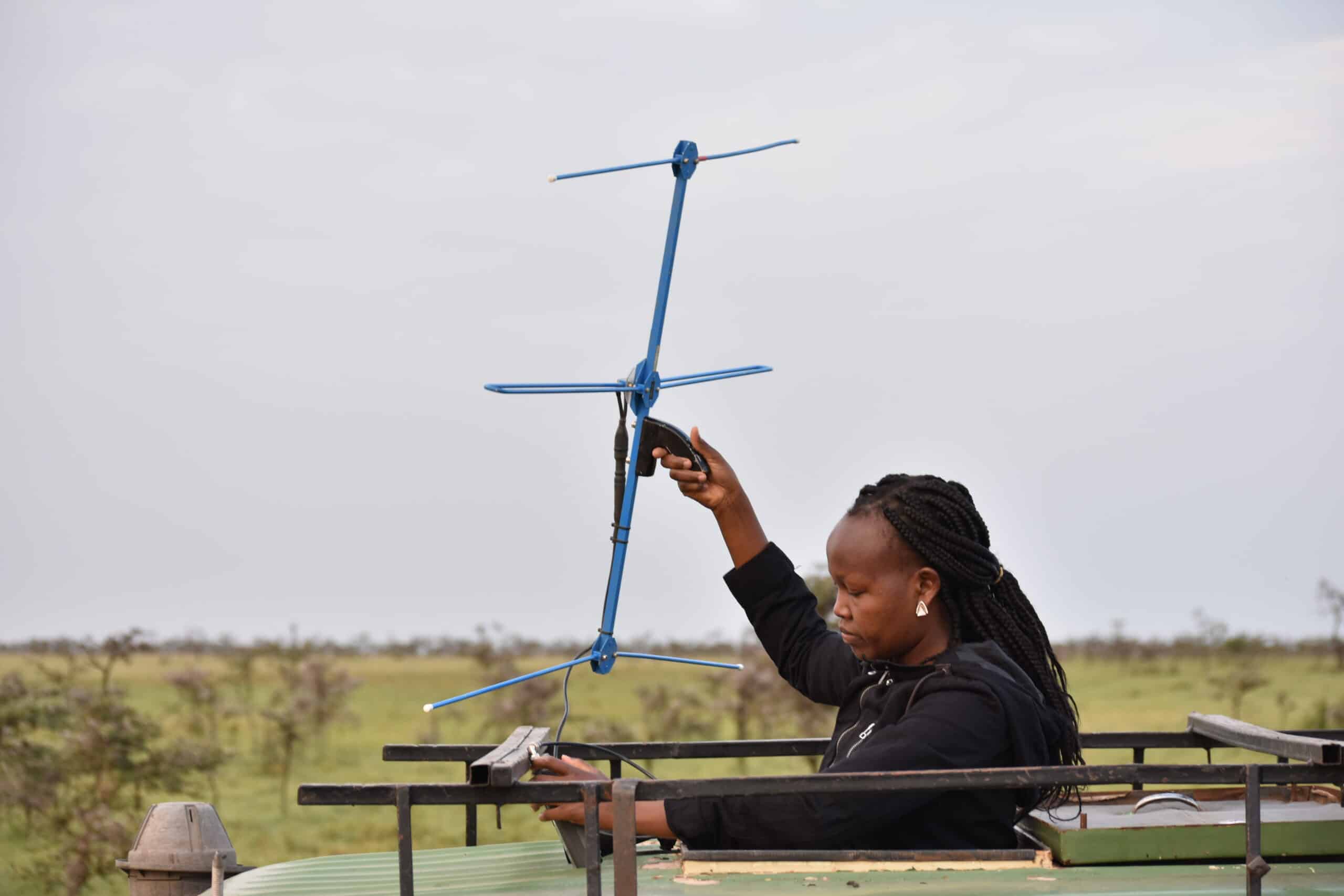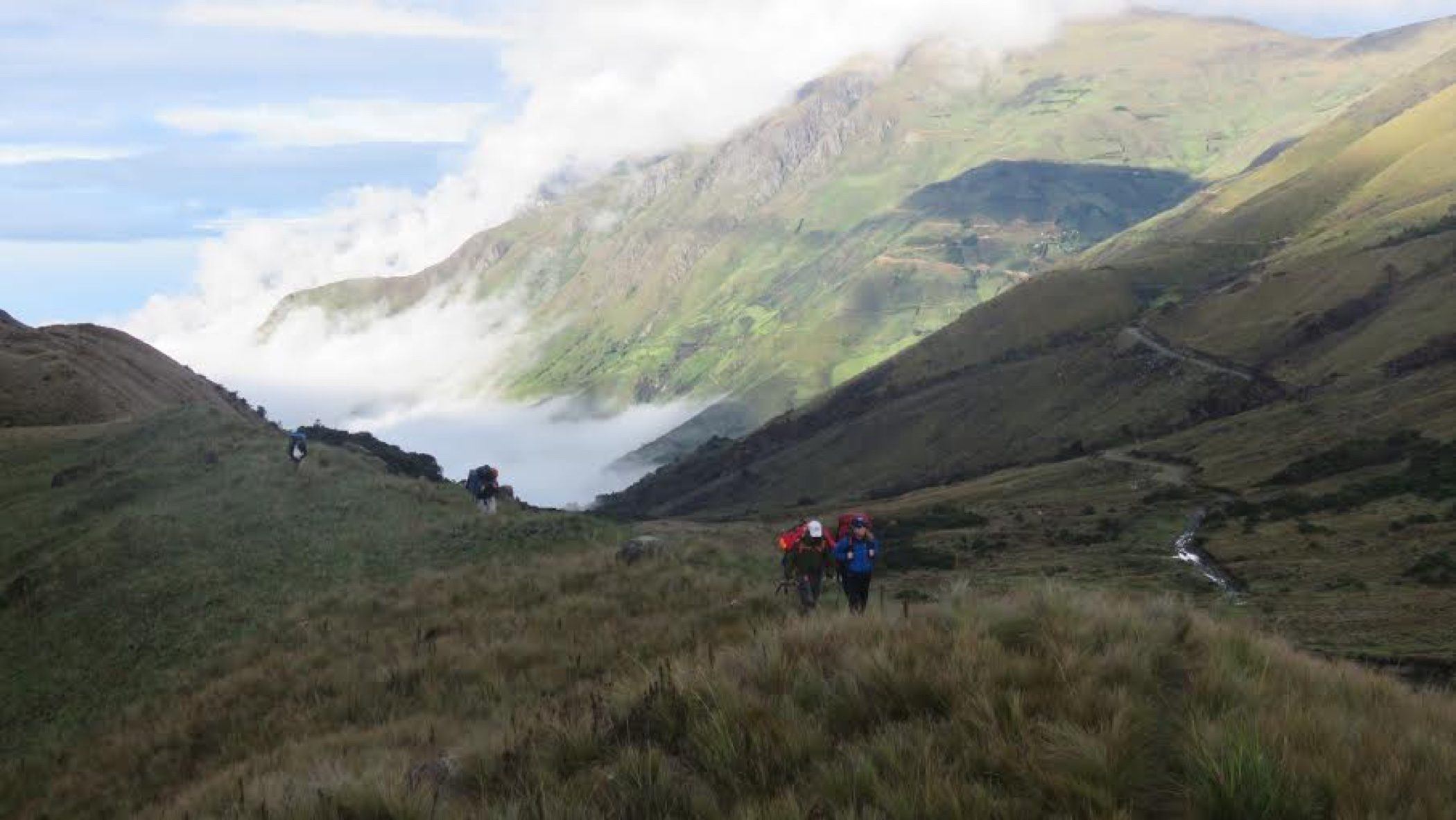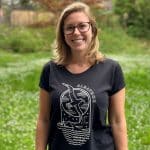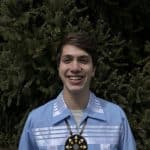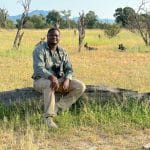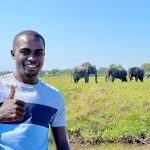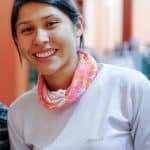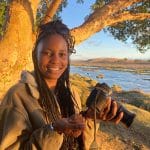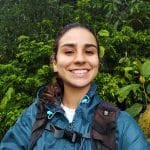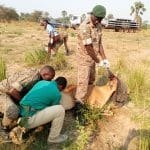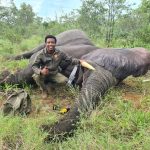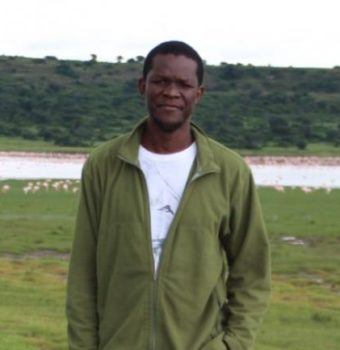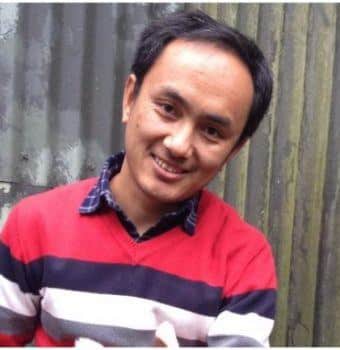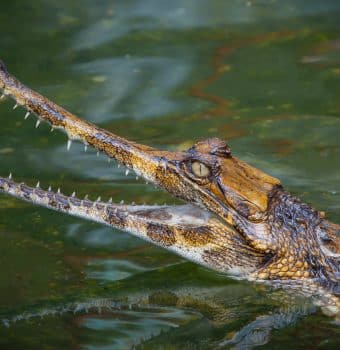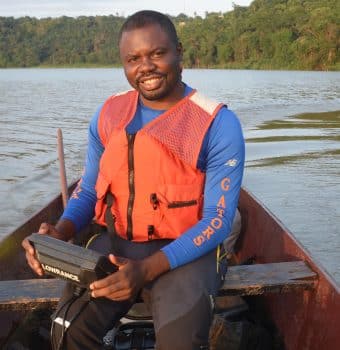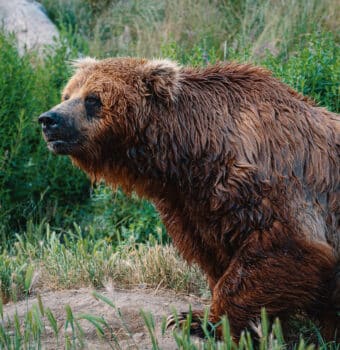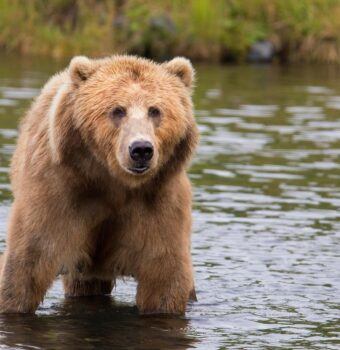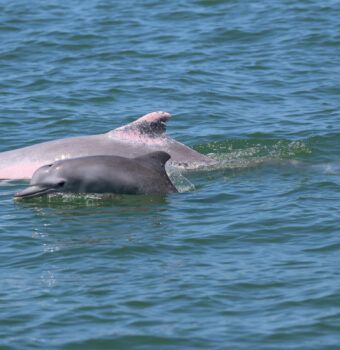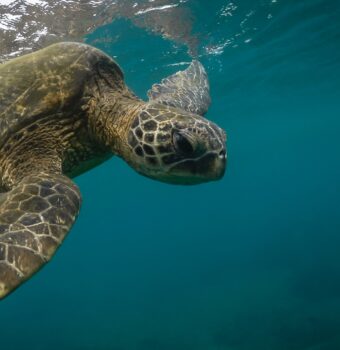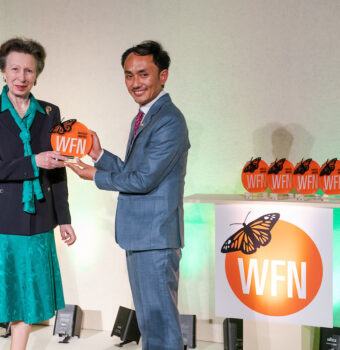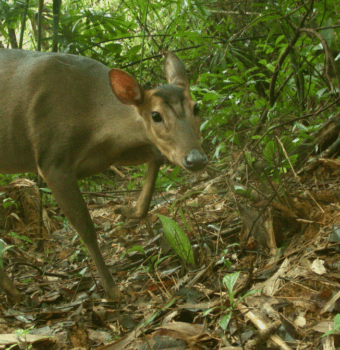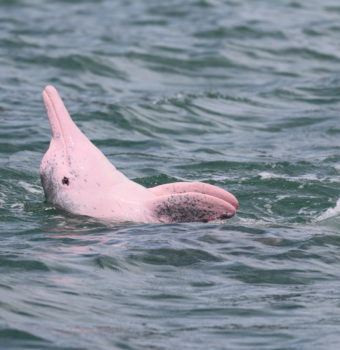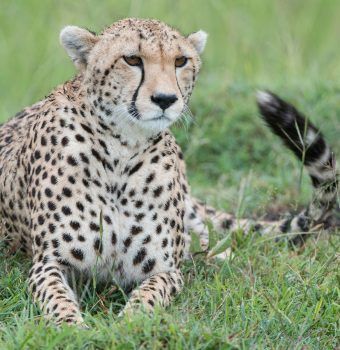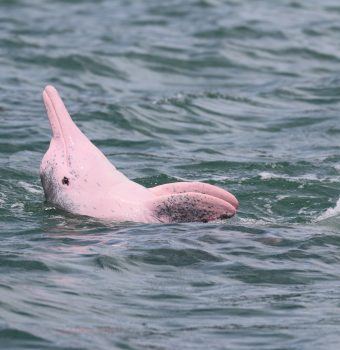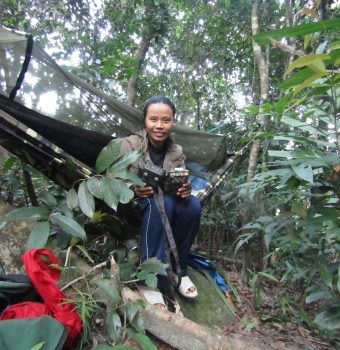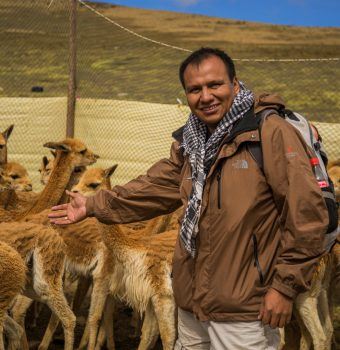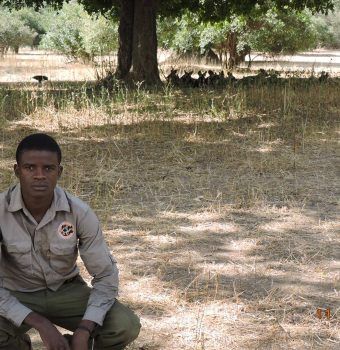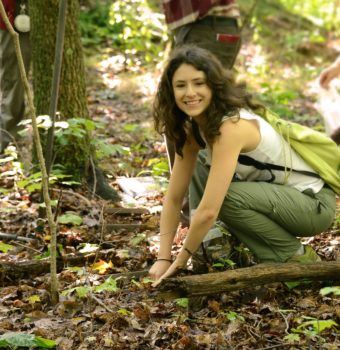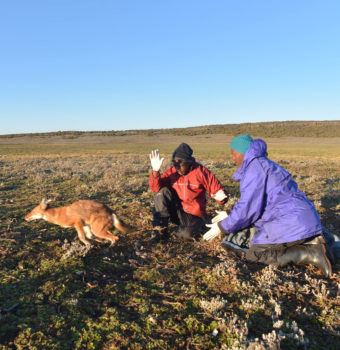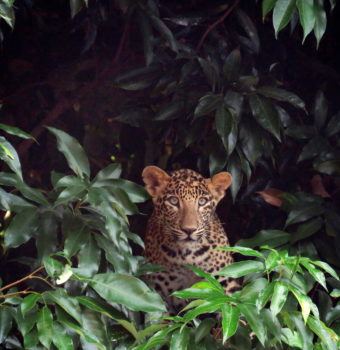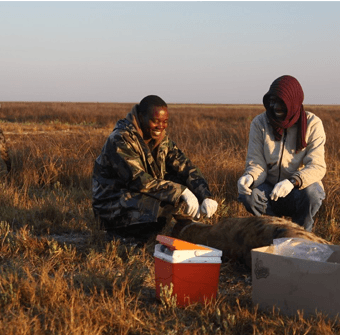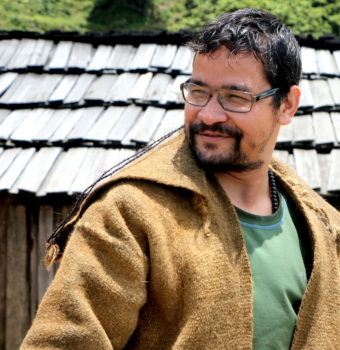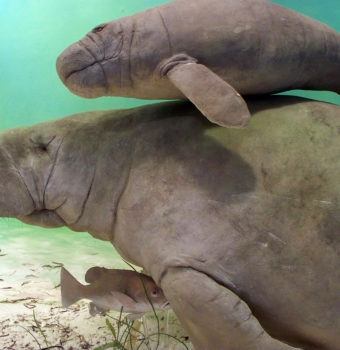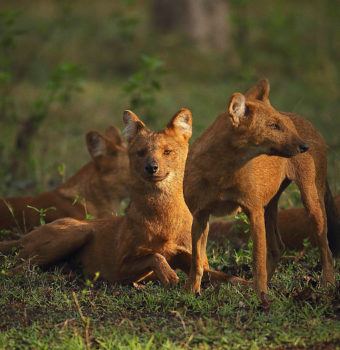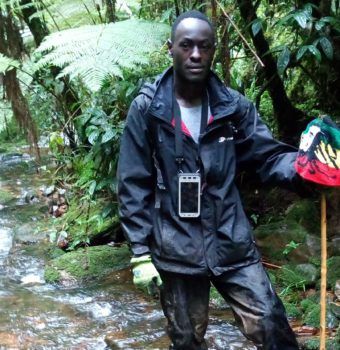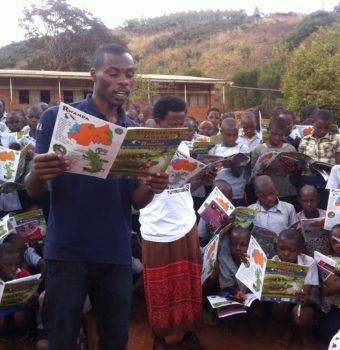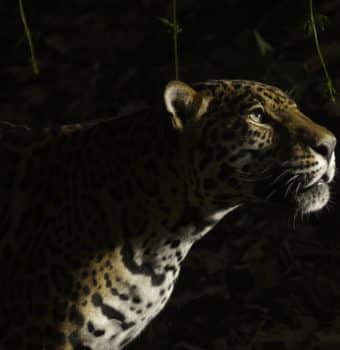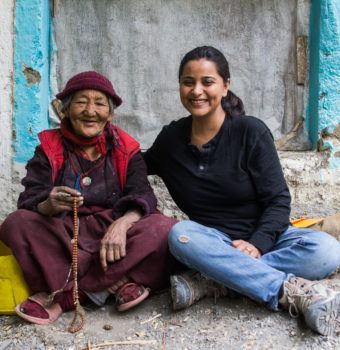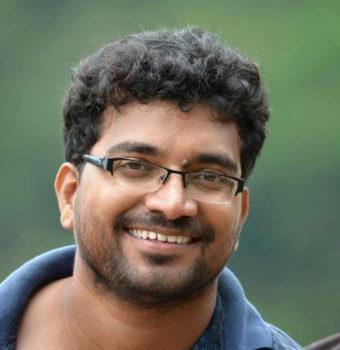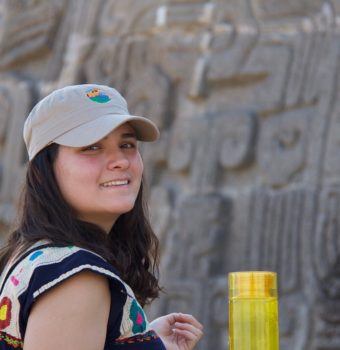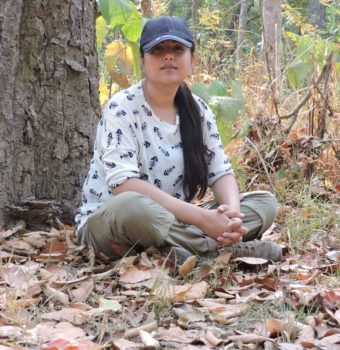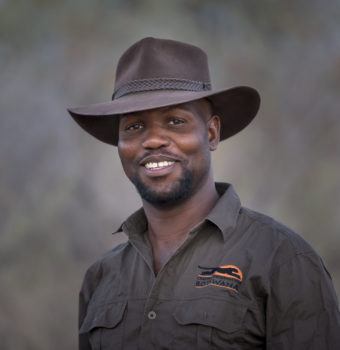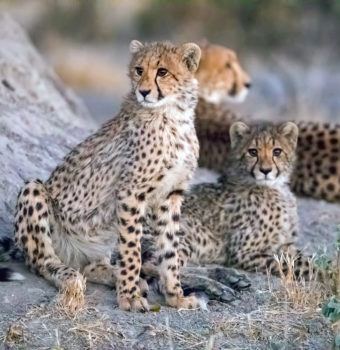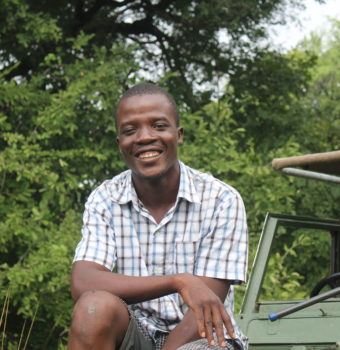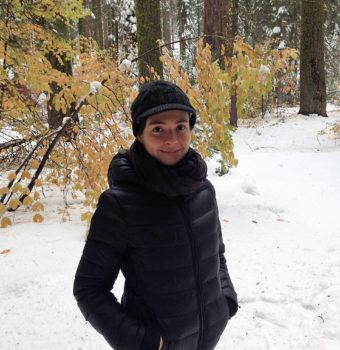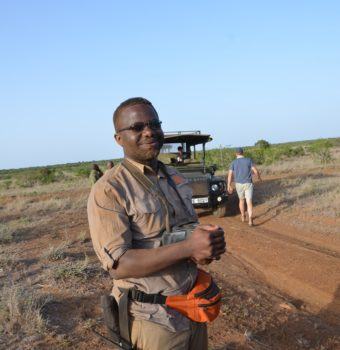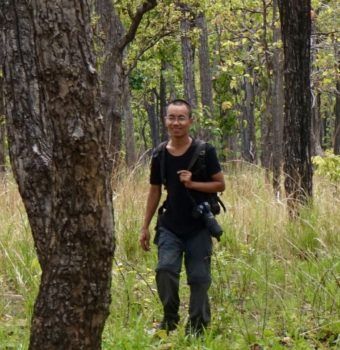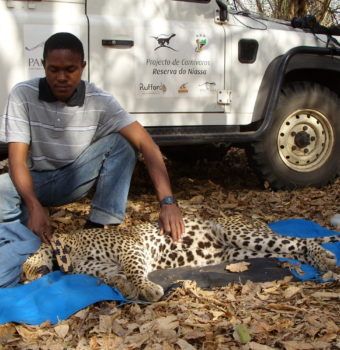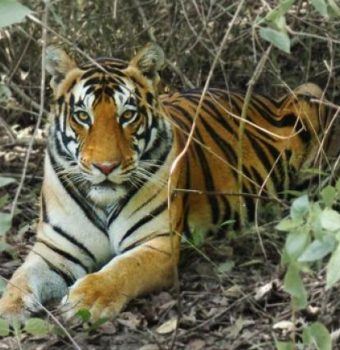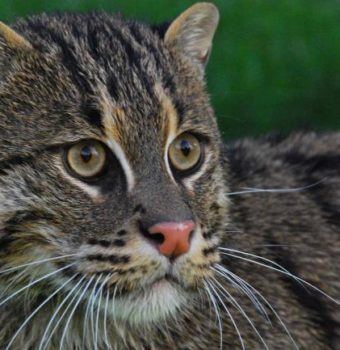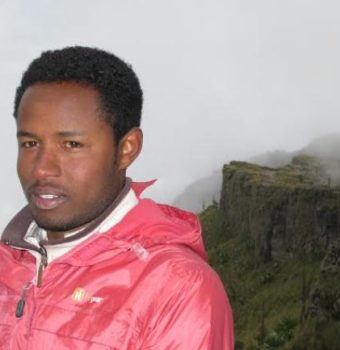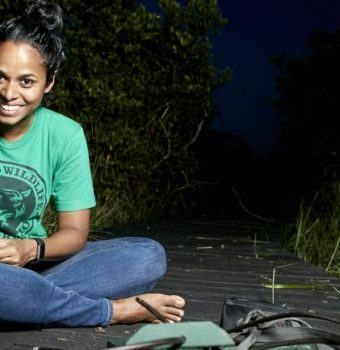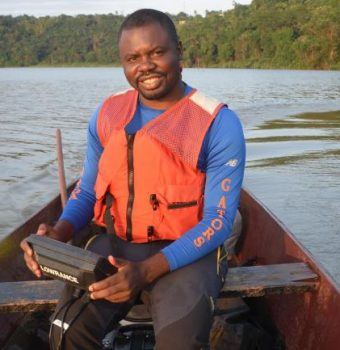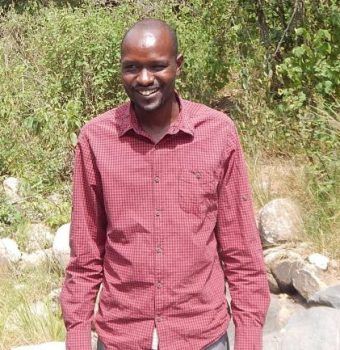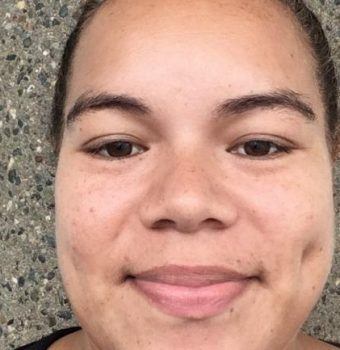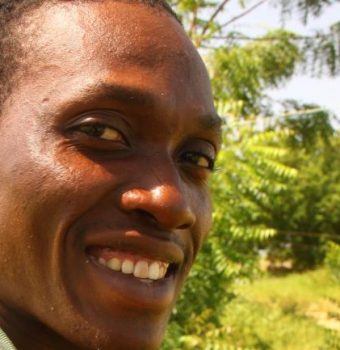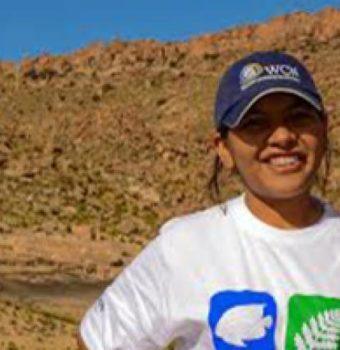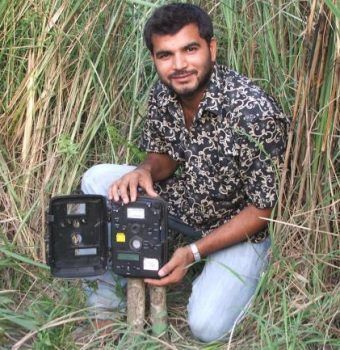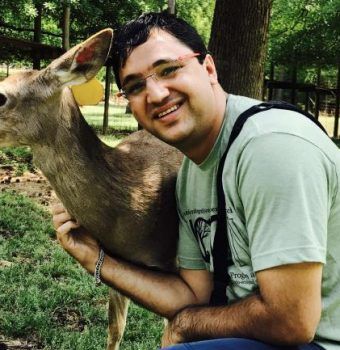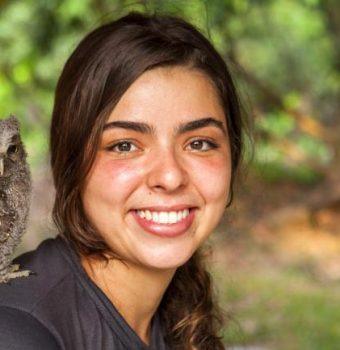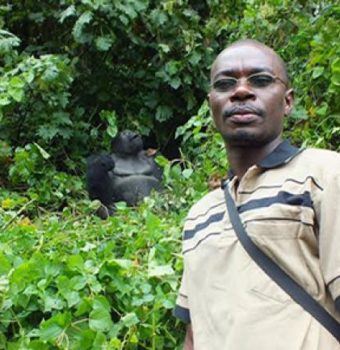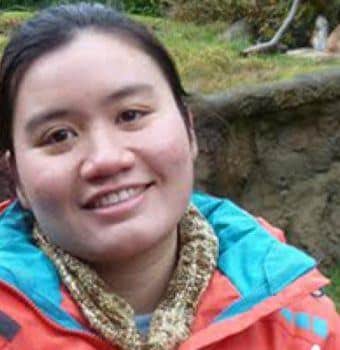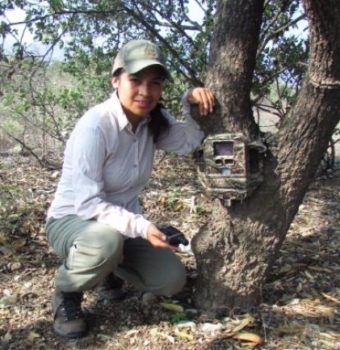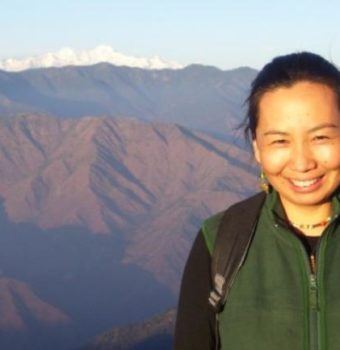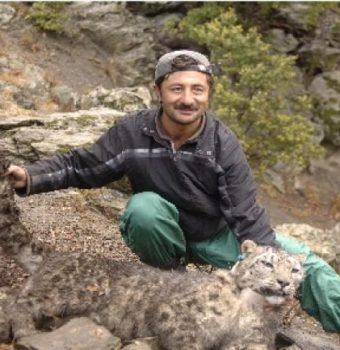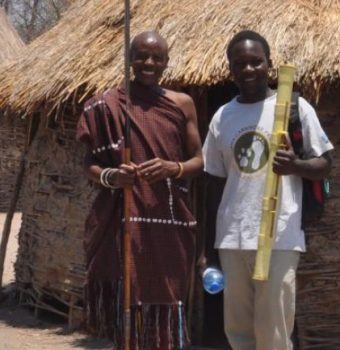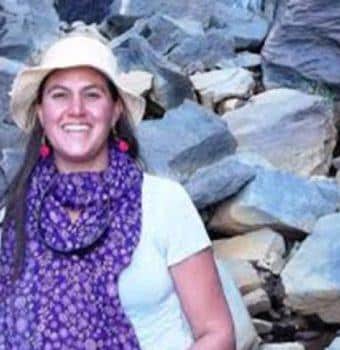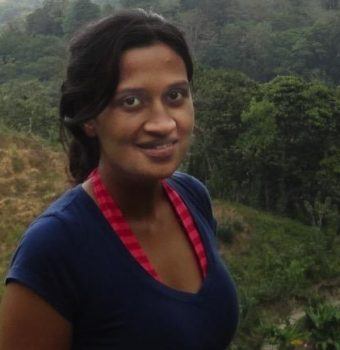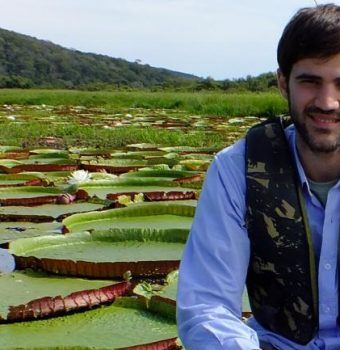Empowering the next generation of local conservationists.
WCN Scholarship Program
The WCN Scholarship program was founded in 2006 to discover and nurture emerging young conservationists so they can one day take up the fight for wildlife.
WCN scholars are the future of conservation. These students from Africa, Asia, Eastern Europe, and Latin America are committed to working on wildlife conservation in their home countries. They are forward thinkers and out-of-the-box problem solvers, able to navigate the labyrinth of challenges they face protecting endangered wildlife with courage, optimism, stamina, and a nimbleness to adapt to constantly fluctuating political and cultural landscapes—always keeping an eye on the bigger picture.
If you are an interested applicant, please find more information here. Note that you must be nominated by a pre-approved/eligible nominator. The call for nominations will open in October of each year, and it will NOT be listed publicly.
Learn About Our Scholarships
*Conservation and Veterinary Scholarships are awarded to applicants from Africa, Asia, Central/South America as well as individuals who are nationals of any country NOT on the International Monetary Fund’s Advanced Economies List.
Conservation Scholarships
WCN Conservation Scholarships are awarded to early-career conservationists from Africa, Asia, Central/South America, and select other locations* to pursue graduate education and applied training programs.
Veterinary Scholarships
Addressing a need for additional and experienced local wildlife veterinarians, the WCN Veterinary Scholarship provides an opportunity for current and aspiring in-country veterinarians to build their knowledge and skills to protect endangered species.
Indigenous Scholarships (US-based)
The WCN Indigenous Scholarship Program funds graduate education and applied training for candidates from Indigenous tribes within the United States pursuing a career in conservation.
Conservation Scholars have career goals rooted in community-based conservation and are dedicated to working in their home countries in the long term. Our vision is that these scholarship recipients will become leaders in wildlife conservation who will create a world in which wildlife and communities co-exist and thrive.
The Veterinary Scholarship provides funding for graduate degrees and applied veterinary training programs to candidates from Africa, Asia, Central/South America, and select other locations* and is intended for candidates pursuing veterinary careers that support community-based wildlife conservation and/or the One Health approach.
This opportunity is currently only open to individuals who self-identify as a member of an Indigenous tribe and who are pursuing a program at a U.S.-based institution. Our vision is for these Indigenous Scholars to become leaders in wildlife conservation, working to steward their ancestral lands and protect the wildlife who also call those lands home.
Impact by the numbers
Meet Our 2024 Scholars

Abre Sonhaye-ouye
African Golden CatAbre Sonhaye-ouye
Abre will be using her scholarship to pursue a PhD in Wildlife Conservation and Ecology at the University of Lome, Togo. Her research will evaluate the impacts of bushmeat hunting, consumption and trade of the African golden cat and other wildlife in Togo’s Fazao-Malfakassa National Park. Following her research, she aims to propose new holistic conservation measures for the African golden cat that take into account all drivers of bushmeat hunting and include local communities in conservation. She was nominated by Badru Mugerwa, the Founder and Director of the African Golden Cat Conservation Alliance, a WCN Partner.
Awarded a WCN Conservation Scholarship.
Location: Togo
University: University of Lome
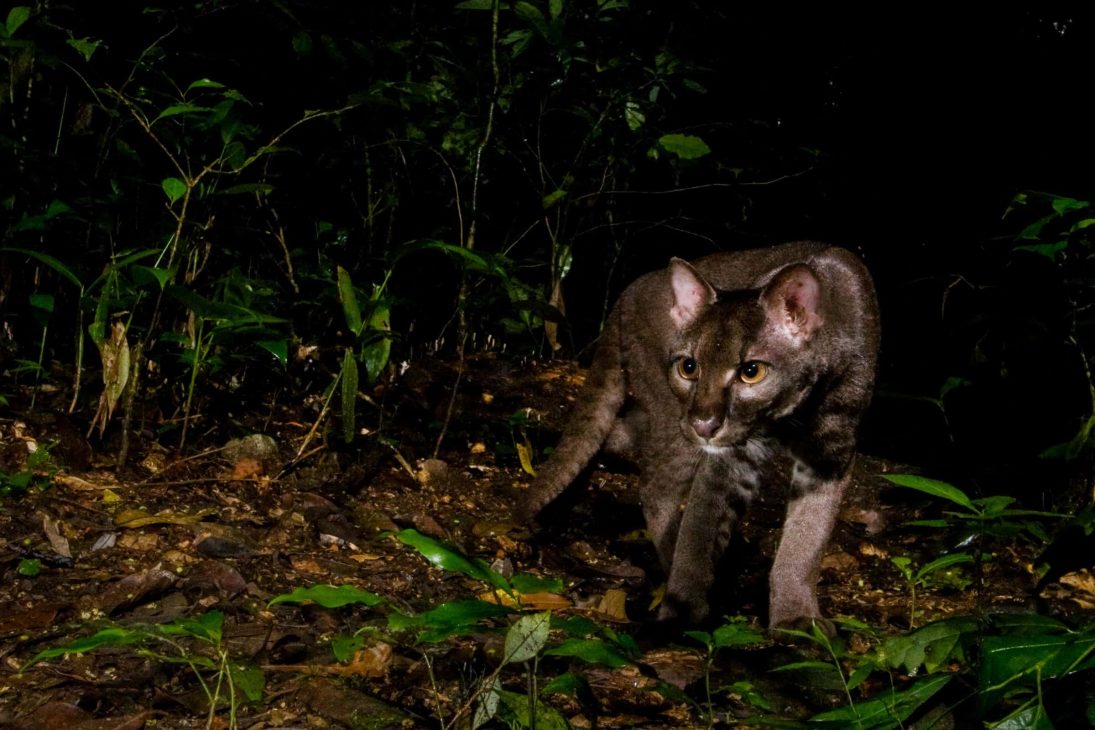
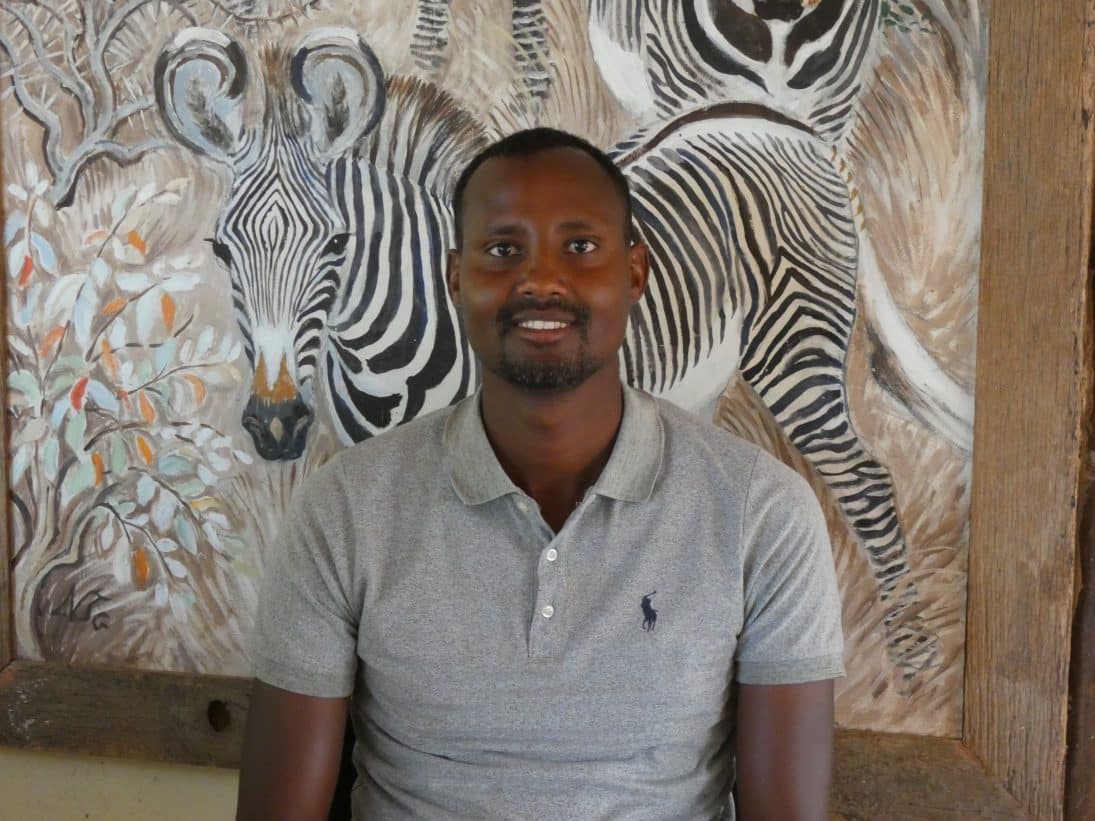
Andrew Lekisanyal
Grevy's ZebraAndrew Lekisanyal
Andrew will be pursuing a master’s in science in dry land resource management at the University of Nairobi. His thesis will assess the impacts of scaling livestock management as a tool to regenerate northern Kenya’s rangelands. He currently works for WCN Partner Grevy’s Zebra Trust (GZT), focusing on addressing grazing resource in adequacy for both wildlife and livestock. He was nominated by Peter Lalampaa, GZT’s Director of Programs and member of WCN’s Board ofDirectors.
Awarded a WCN Conservation Scholarship.
Location: Kenya
University: University of Nairobi
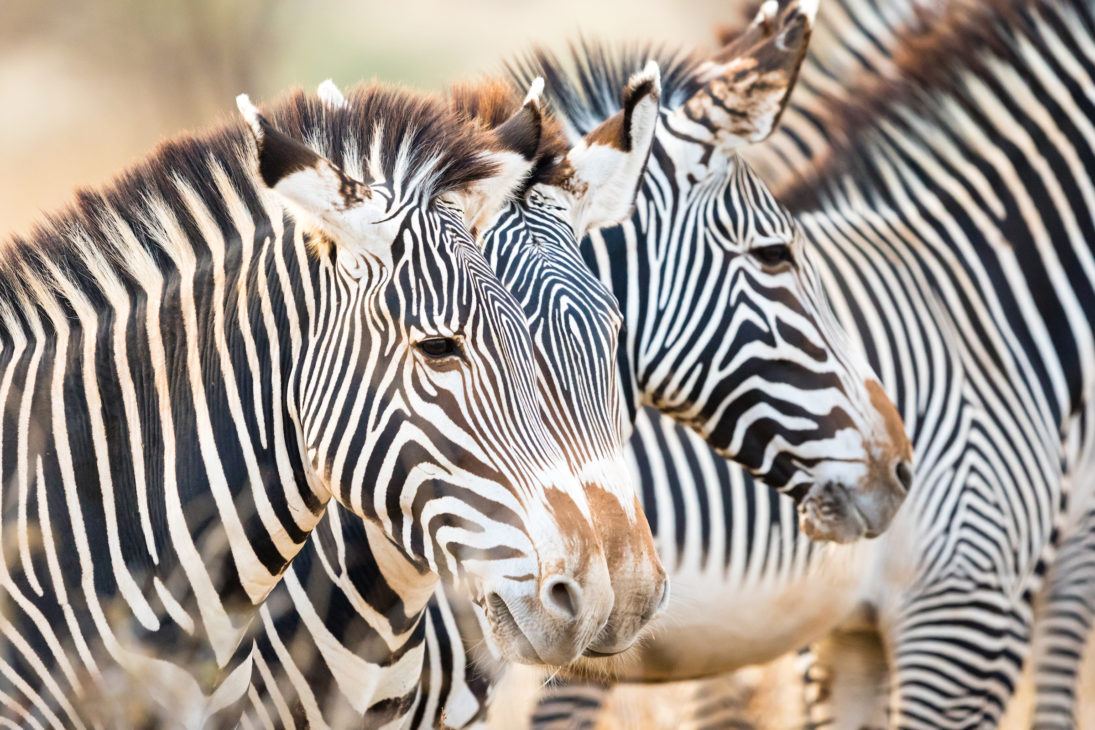

Berce Nsafuansa
OkapiBerce Nsafuansa
Berce is the Program Manager at the Okapi Conservation Project(OCP), a WCN partner organization dedicated to protecting the okapi in their natural habitat in Ituri, DRC. He will use his scholarship to pursue the Postgraduate Diploma in International Wildlife Conservation Practice offered by WildCRU at Oxford University. This 8-month in-person course will provide Berce with specific leadership and management skills that will enable him to take over as OCP transitions its leadership to in-country nationals.He was nominated by John Lukas, former WCN Board Member and current Director of Conservation for the Jacksonville Zoo and Gardens and President of the Okapi Conservation Project and theInternational Rhino Foundation
Awarded a WCN Conservation Scholarship.
Location: DRC
University: Oxford University
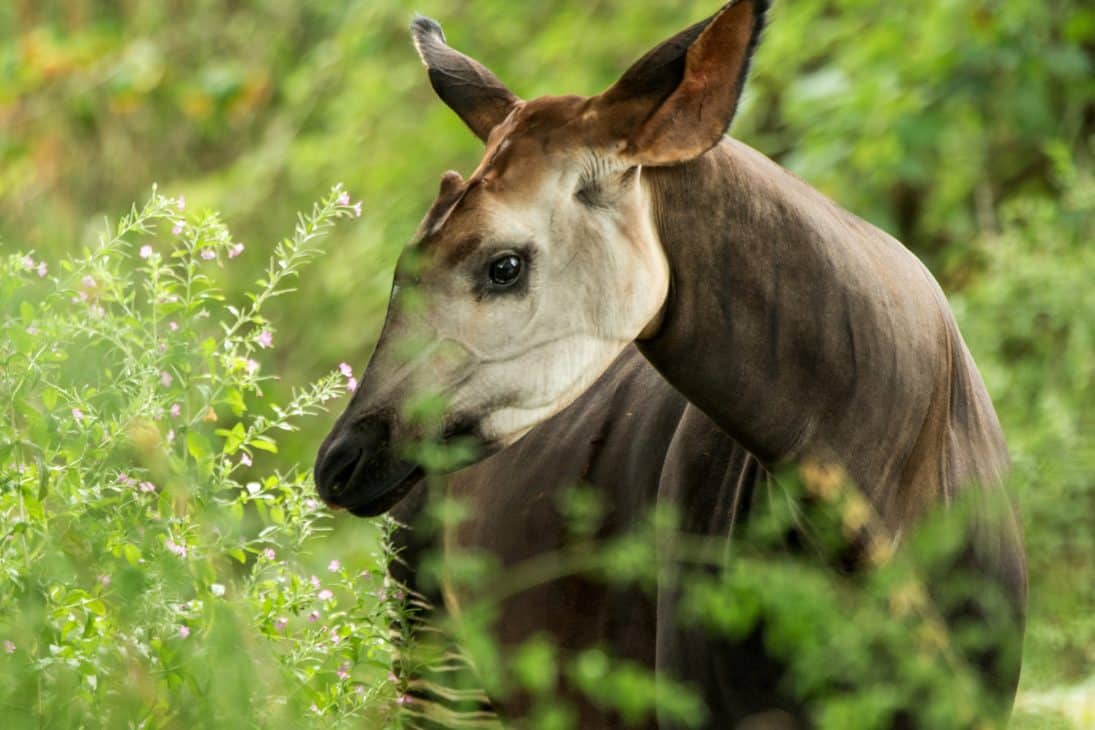
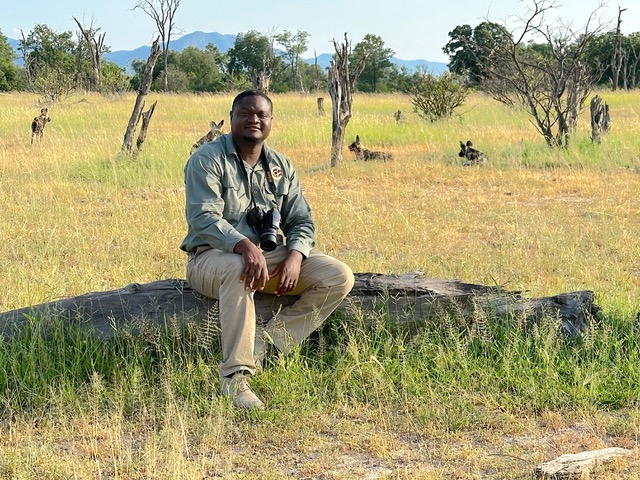
David Kuvawoga
Human-Wildlife ConflictDavid Kuvawoga
David will be pursuing a Masters of Environmental Conservation at the University of Wisconsin-Madison, exploring drivers of human-wildlife conflict around Hwange National Park, Zimbabwe, and how these will be impacted by future environmental changes such as climate change. He will also test the effectiveness of community development programs in reducing human-wildlife conflict and changing people’s attitudes towards wildlife. He was nominated by Peter Blinston, Executive Director at Painted Dog Conservation, a WCN Partner.
Awarded a WCN Conservation Scholarship.
Location: Zimbabwe
University: University of Wisconsin-Madison
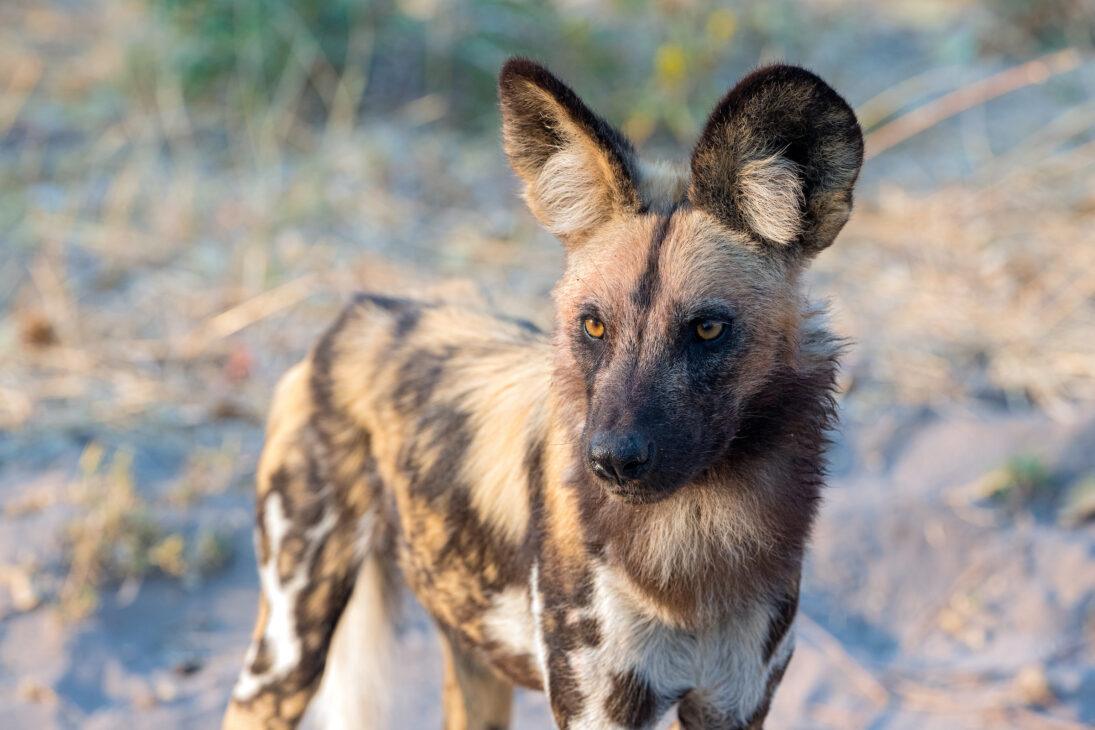
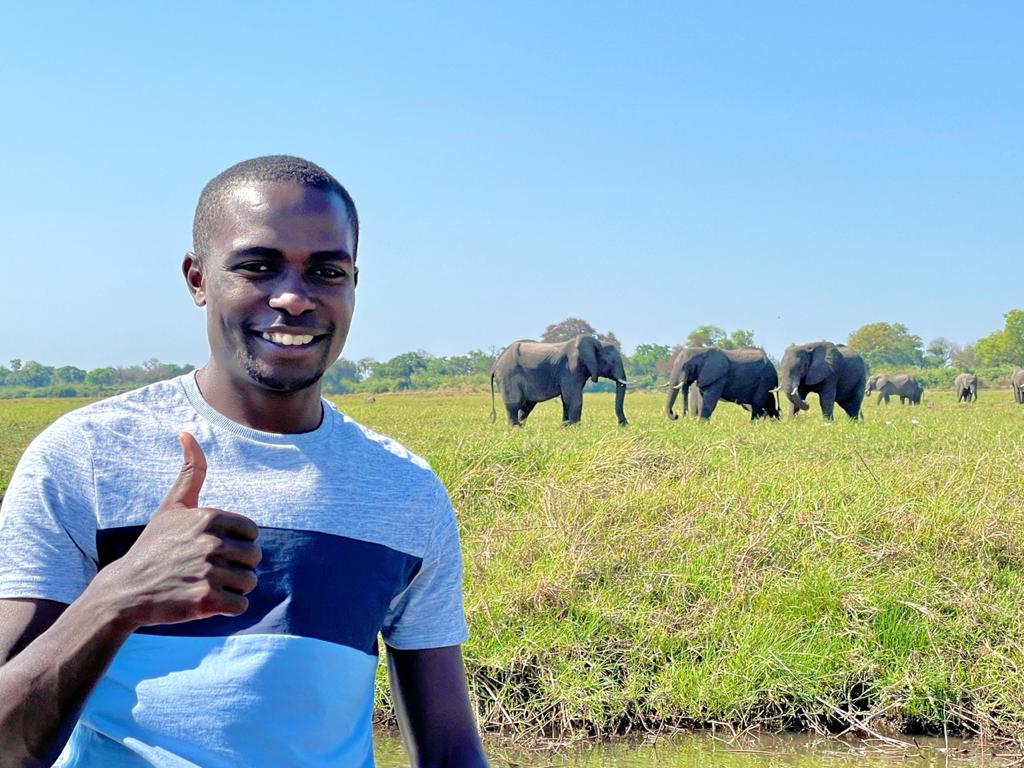
Derick Wanjala
Human-elephant conflictDerick Wanjala
Derick intends to pursue a masters degree in Conservation and Rural Development at the University of Kent, UK. His research will focus on evaluating the effectiveness of mitigation measures in addressing human-elephant conflict in Tsavo, Kenya, to inform policy makers, conservationists, and local farmers about the most effective strategies to mitigate human-elephant conflict. He was nominated by Frank Pope, CEO at Save the Elephants, a WCN partner.
Awarded a WCN Conservation Scholarship.
Location: Kenya
University: University of Kent
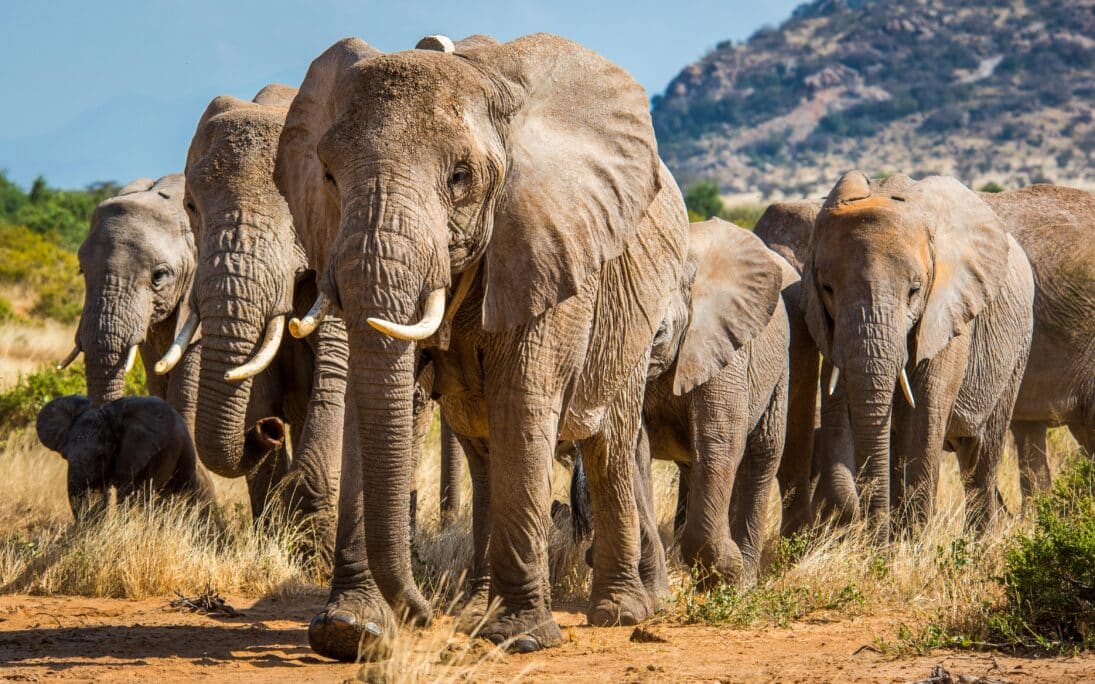

Dominant Sawe
PangolinsDominant Sawe
Dominant will pursue a Masters of Environmental and Natural Resource Economics at Sokoine University of Agriculture. His research will focus on the uses and trade flows of pangolins in Serengeti, Tanzania, particularly the differences between the magnitude of local uses and international trade. Understanding this aspect will help in resource prioritization in pangolin conservation agenda in Tanzania, which hosts three out of four African pangolin species. He was nominated by Dr Laurie Marker, Founder and Executive Director of Cheetah Conservation Fund.
Awarded a WCN Conservation Scholarship.
Location: Tanzania
University: Sokoine University
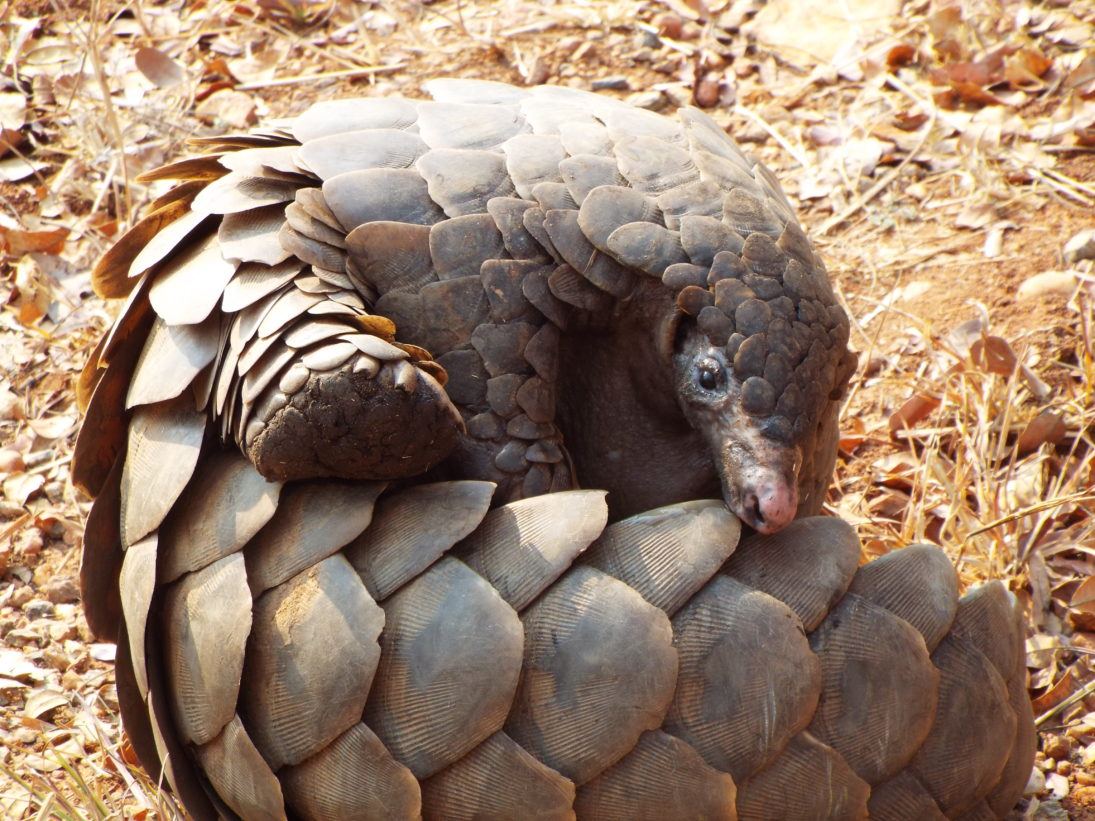
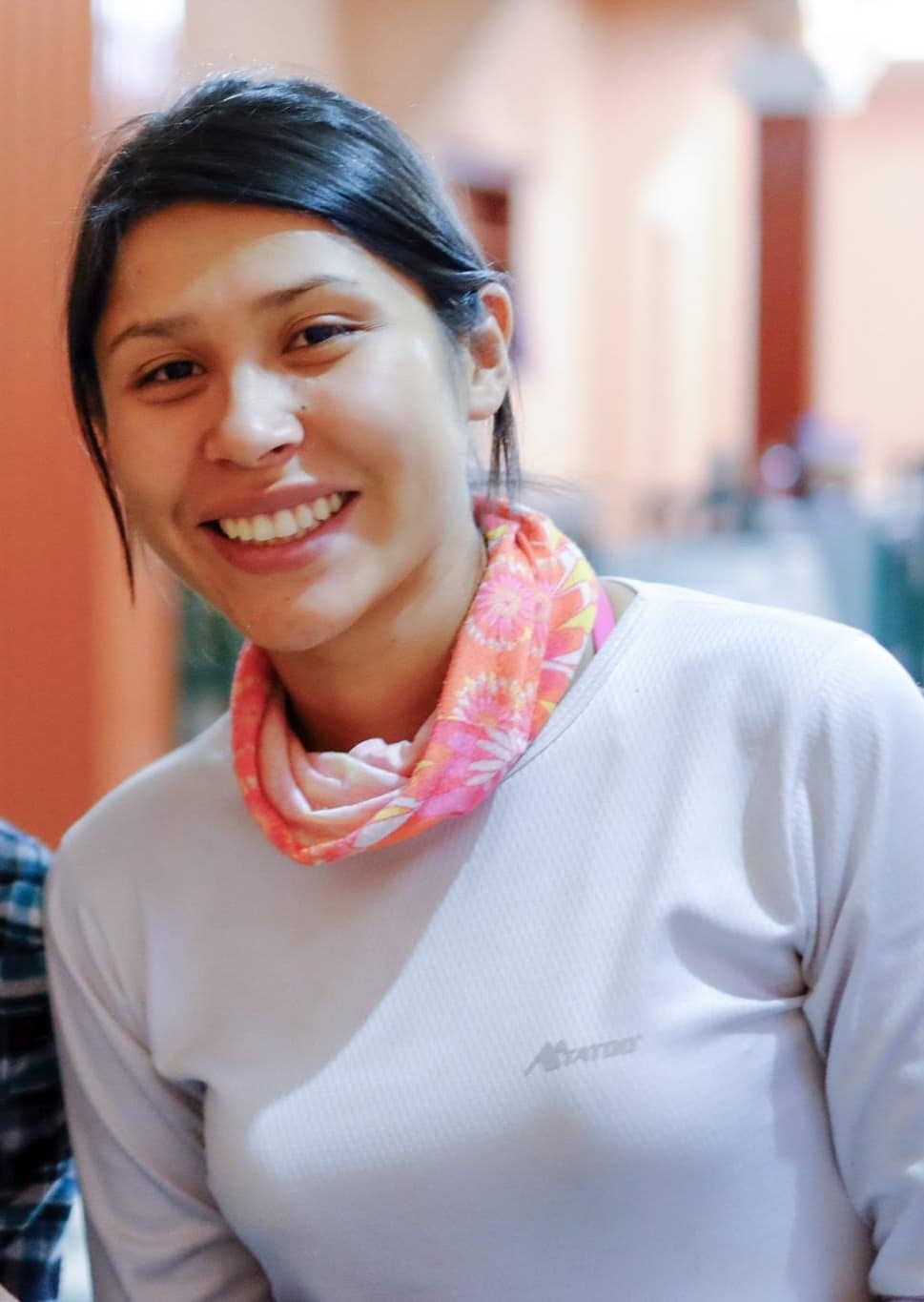
Lucero Mercedes Hernani
Emperor TamarinLucero Mercedes Hernani
Lucero is currently pursuing a PhD in ecology and evolution at the Pontifical Catholic University of Rio Grande do Sul, focusing on the conservation biology of the emperor tamarin, a species that is not well studied. The planned dissertation for her doctoral thesis will be a study of cognitive ecology and paternity and kinship in collaboration with the Parque Zoobotanico of the Federal University of Acre and the UCLA Institute for Society and Genetics. She was nominated by Dr. Robert Wallace, Director of Greater Madidi-Tambopata Landscape Conservation Program and Llanos de Moxos Biocultural Landscape Conservation Program at WCS Bolivia.
Awarded a WCN Conservation Scholarship.
Location: Bolivia
University: Pontifical Catholic University of Rio Grande do Sul
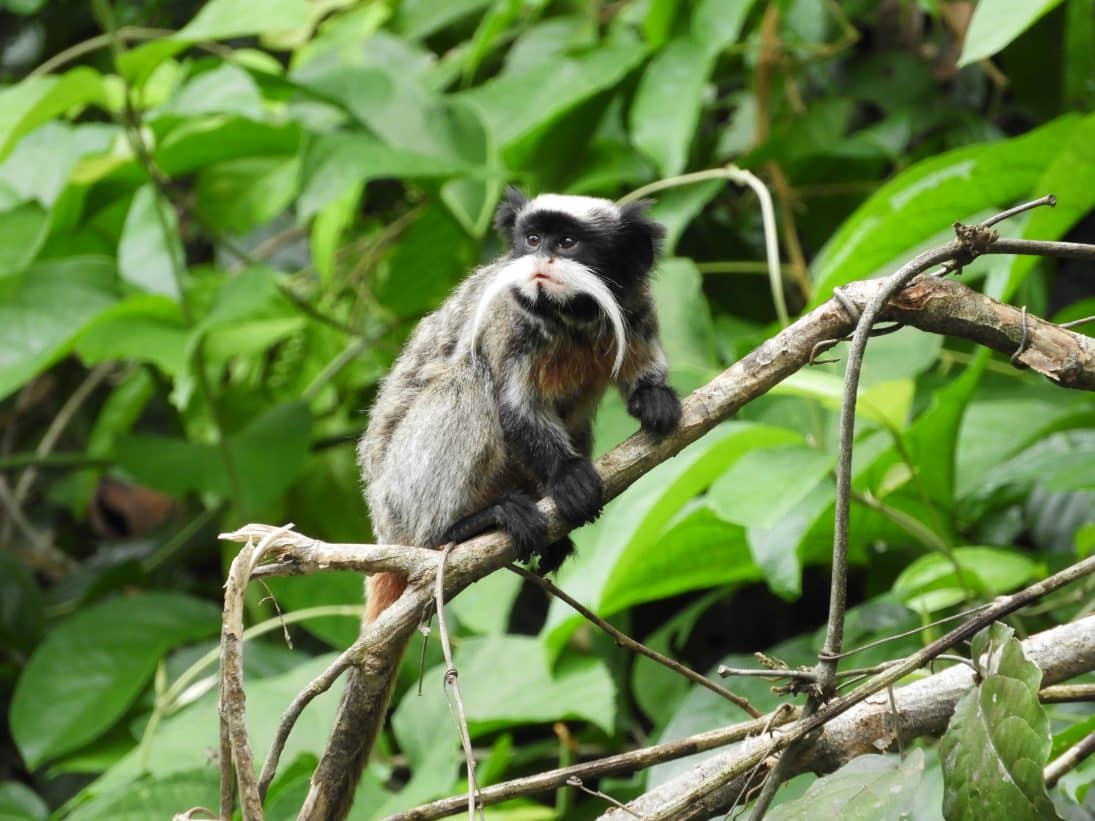
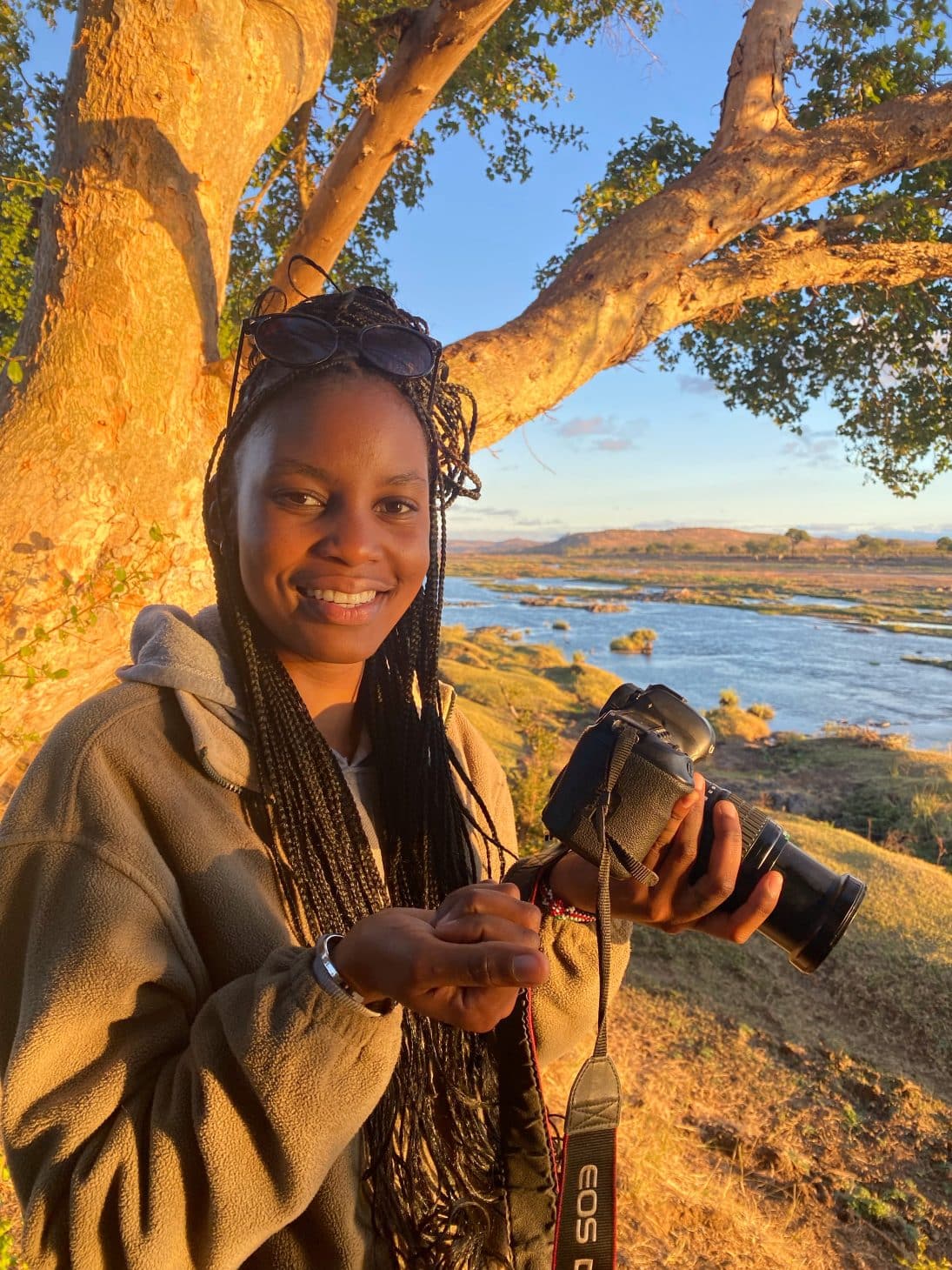
Nkazimulo Lima
VulturesNkazimulo Lima
Nkazimulo will pursue a masters in conservation biology at the University of Cape Town, with a research project that will aim to establish the basis for effectively conserving vultures in two key conservation strongholds in Zimbabwe: Gonarezhou National Park and Bubye Valley Conservancy. Her research, developed in partnership with the Gonarezhou Conservation Trust, will assess the conservation status of vultures, breeding success, habitat preferences for breeding sites and the nature and severity of human threats facing each species. She was nominated by Dr Peter Lindsey, Director of the Lion Recovery Fund.
Awarded a WCN Conservation Scholarship.
Location: Zimbabwe
University: University of Cape Town
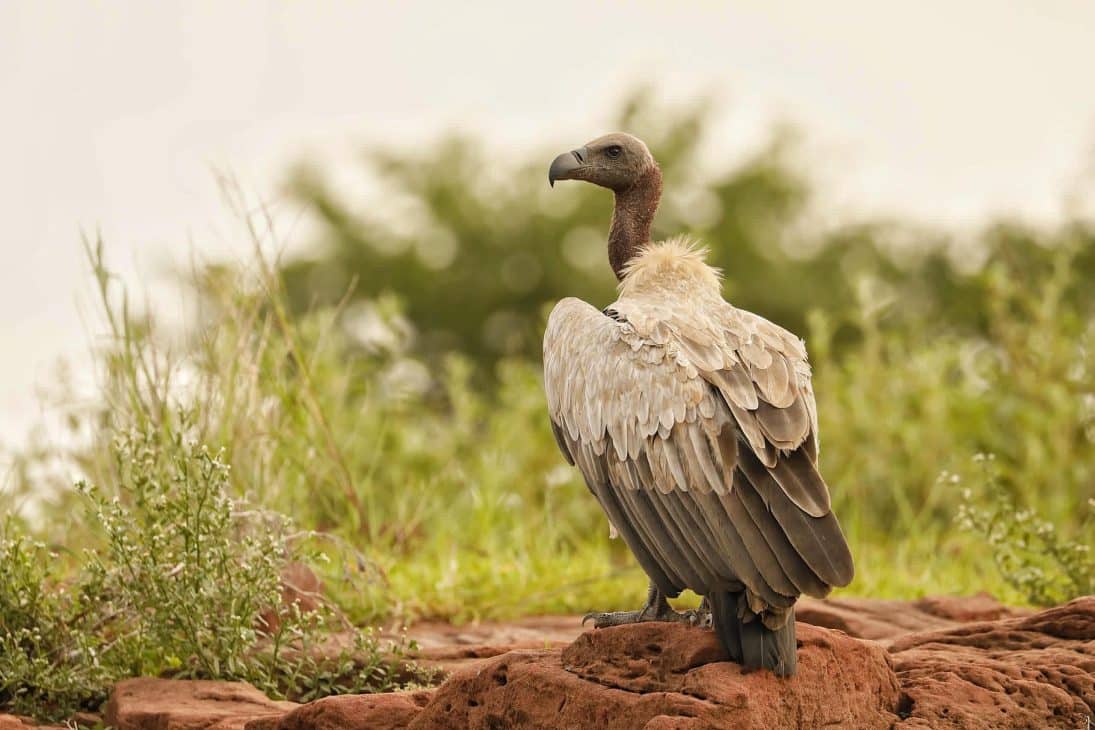

Placide Masengesho
Community-based conservationPlacide Masengesho
Placide is pursuing a masters in conservation project management at the University of Kent, focusing on biodiversity conservation outside of protected areas in Rwanda. His dissertation topic is titled “Community-Based Conservation Strategies for Biodiversity Preservation in Rwanda’s Non- Protected Areas.” This research will investigate the effectiveness of community-driven initiatives and the role of local communities, government policies, and non-governmental organizations in promoting conservation efforts, including sustainable land management, agroforestry, and habitat restoration practices. He was nominated by Whitley Award winner Dr Olivier Nsengimana, Founder and Executive Director of the Rwanda Wildlife Conservation Association, a WCN Partner.
Awarded a WCN Conservation Scholarship.
Location: Rwanda
University: University of Kent
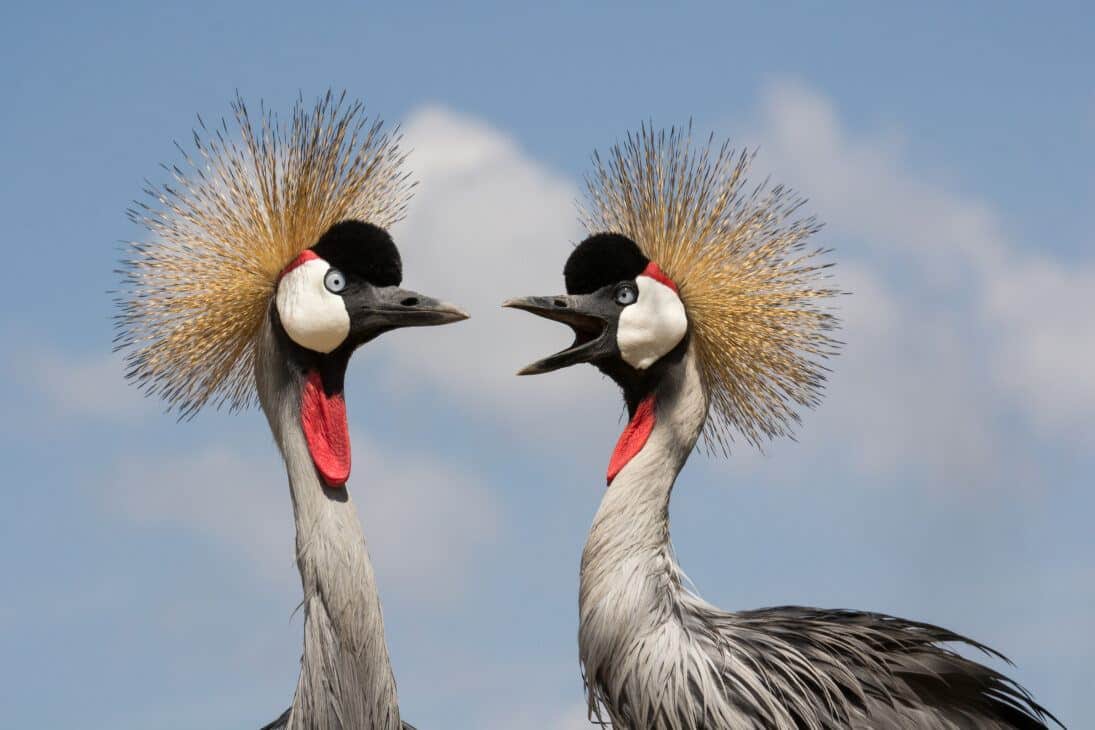
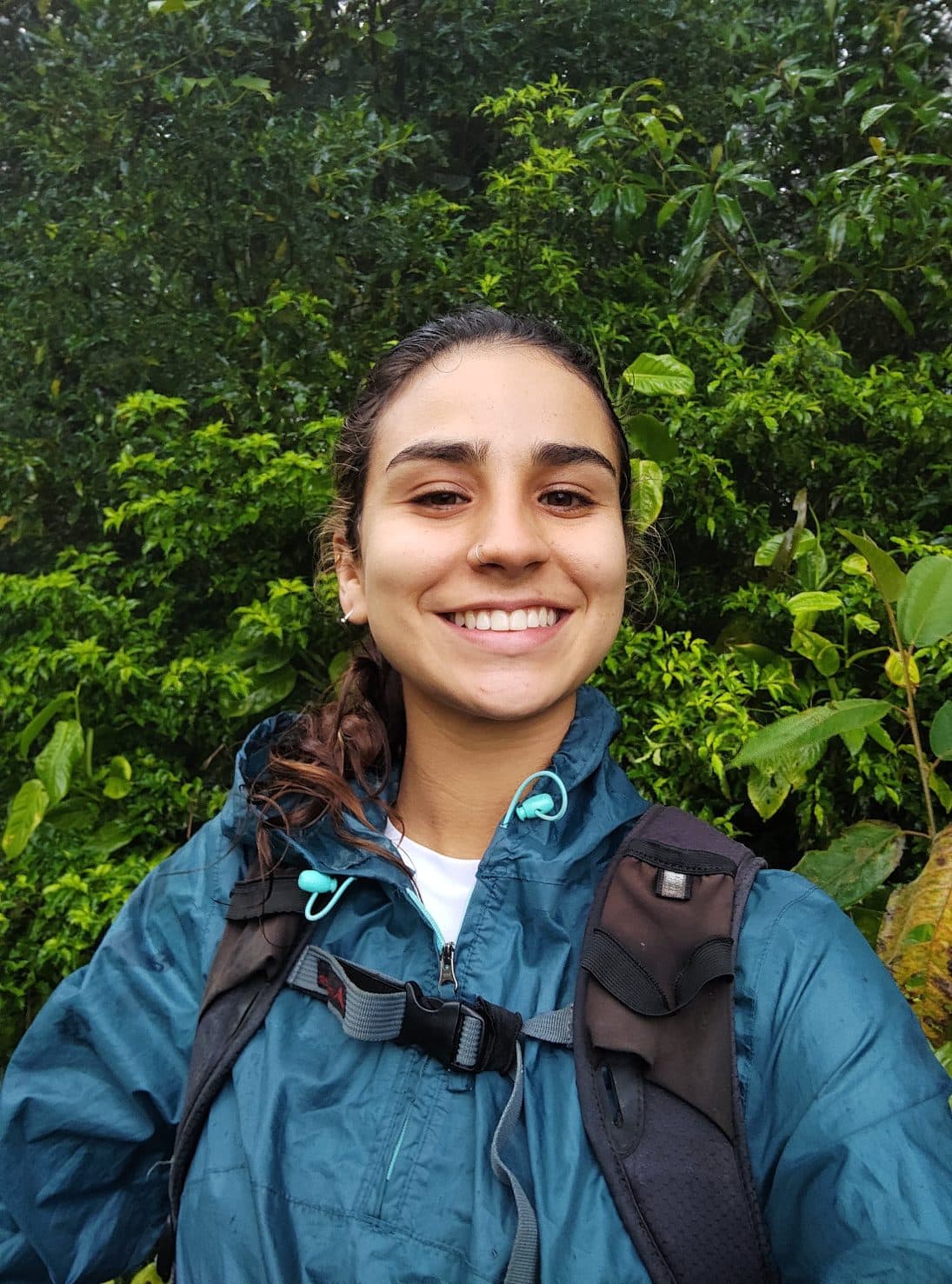
Caroline Sotto Mayor Padua Rodrigues
Woolly Spider MonkeyCaroline Sotto Mayor Padua Rodrigues
Caroline will be attending an applied training program at the Federal Rural University of the Amazon. The training will cover all phases of animal care including clinical exams, diagnostics, anesthesia, surgeries, necropsies and preventive medicine, as well as the management of resident animals. The training will improve her knowledge in ex-situ conservation, with special emphasis on mammals, such as the Woolly Spider Monkey. She was nominated by Dr. Patrícia Medici, Whitley Award Winner and coordinator at Lowland Tapir Conservation Initiative.
Awarded a Veterinary Scholarship.
Location: Brazil
University: Federal Rural University of the Amazon
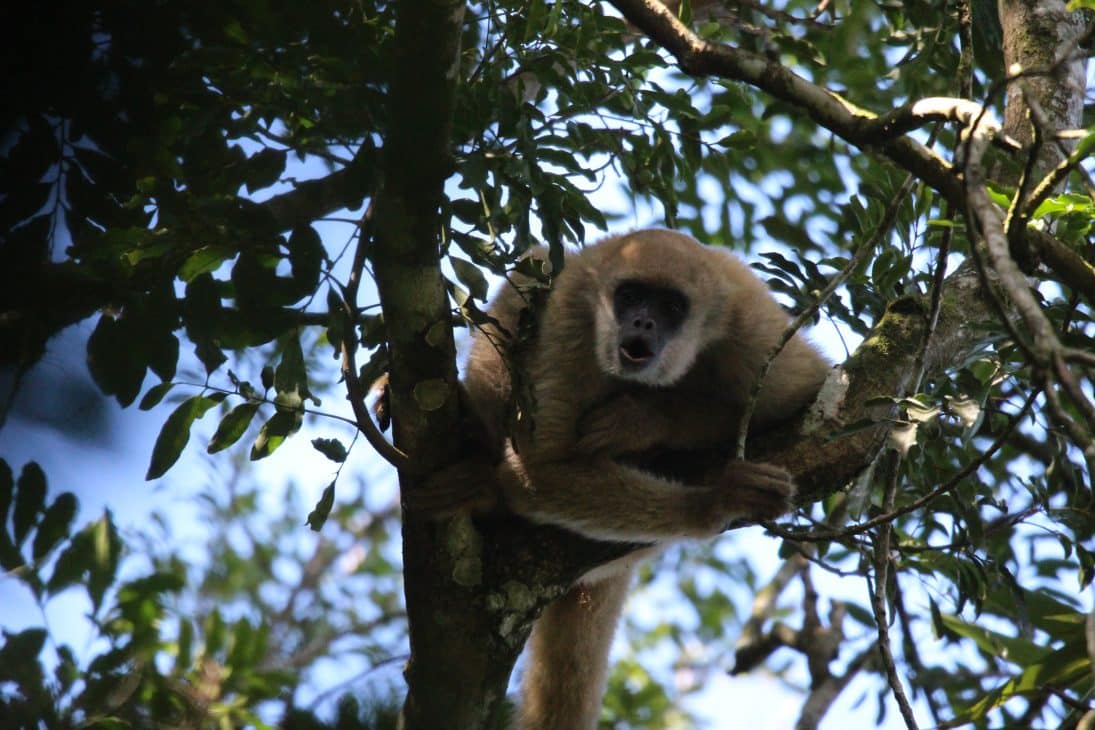
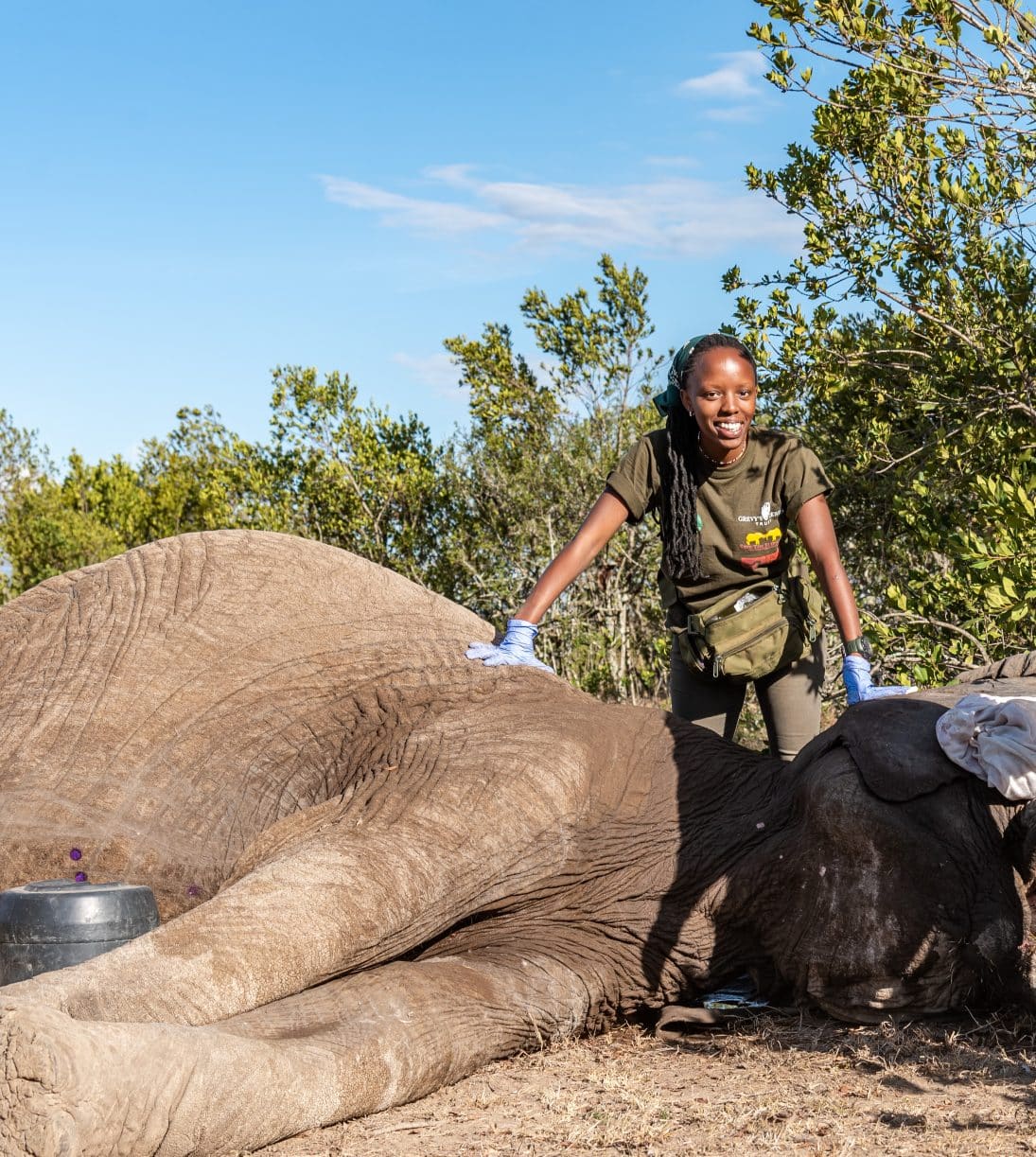
Sharon Mulindi
Zoonotic DiseasesSharon Mulindi
Sharon is currently pursuing a Masters in Conservation Medicine at the University of Edinburgh. Her research investigates how community-based wildlife health monitoring programs can succeed in early detection of disease outbreaks, especially zoonotic diseases and those shared between wildlife and livestock such as anthrax. She was nominated by Frank Pope, CEO at Save The Elephants, a WCN partner.
Awarded a Veterinary Scholarship.
Location: Kenya
University: University of Edinburgh

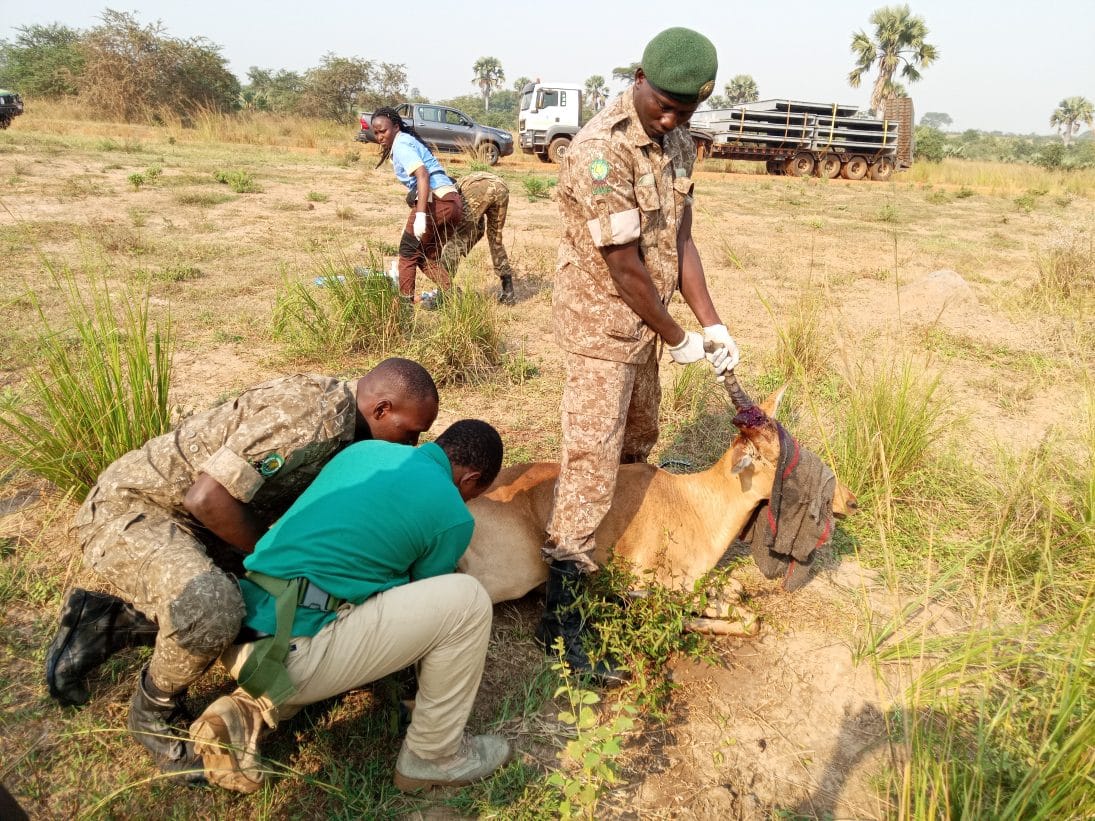
Crispus Singoma
GiraffeCrispus Singoma
Crispus will be pursuing a Master of Science in Wildlife Health and Management. His planned masters thesis topic is titled “Effects of wire snares on the animal welfare and conservation of giraffes in Murchison Falls National Park”. He was nominated by Dr Ludwig Siefert, Honorary Wildlife Officer at Uganda Wildlife Authority.
Awarded a Veterinary Scholarship.
Location: Uganda
University: Master of Science in Wildlife Health and Management

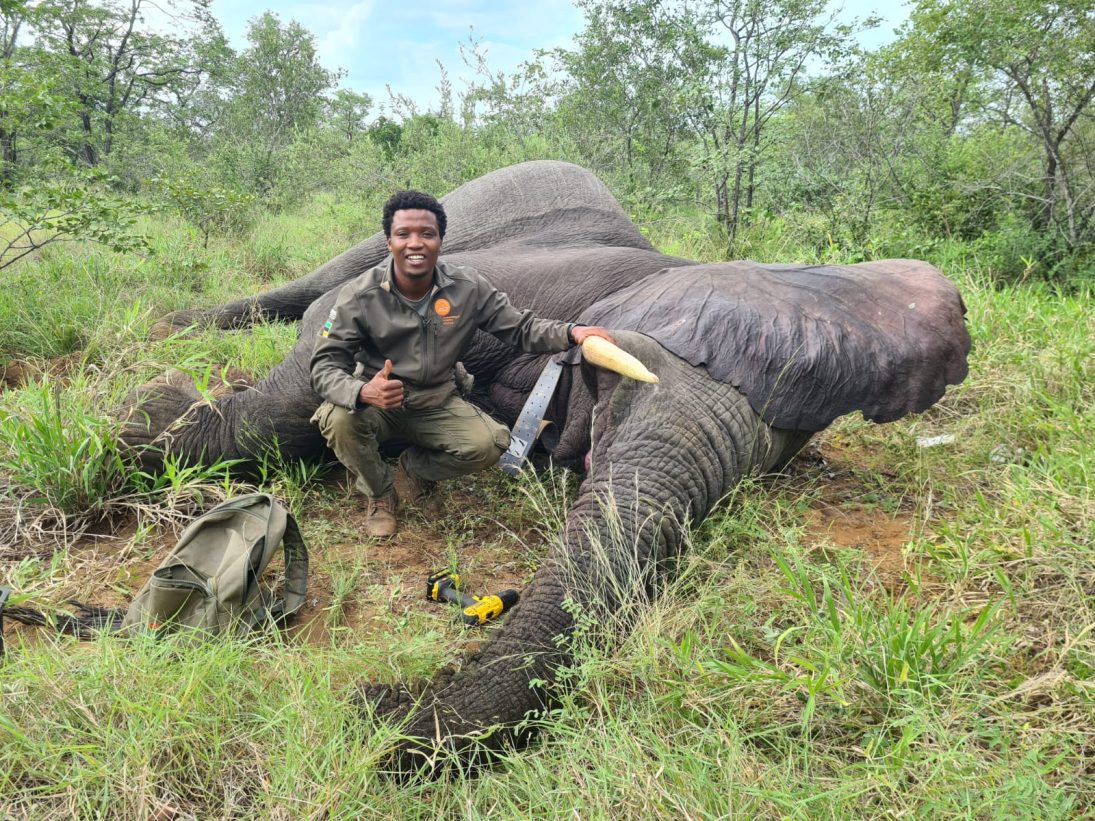
Hagnésio Kukuine Ana Chiponde
One HealthHagnésio Kukuine Ana Chiponde
Hagnésio will use his scholarship to pursue a masters of science in Global Wildlife Health and Conservation at University of Bristol. This one-year program will focus on research skills, animal behaviour, wildlife care and rehabilitation, captive wildlife management, ethics and law, wildlife diseases and One Health. He is hoping to develop a research project around One Health or human-wildlife conflict. He was nominated by Dr Markus Hofmeyr, Director of the Rhino Recovery Fund.
Awarded a Veterinary Scholarship.
Location: Mozambique
University: University of Bristol


De Andre Delie
Rabies VaccinationsDe Andre Delie
De Andre will be pursuing a masters in Health Sciences and Veterinary Medicine at the University of Namibia, focusing on rabies vaccinations. His project has 3 main goals: public health, community well-being, and controlling rabies in domestic dogs to prevent the spillover of the virus into wildlife populations. He was nominated by Dr. Laurie Marker, Executive director of Cheetah Conservation Fund, a WCN partner.
Awarded a Veterinary Scholarship
Location: Namibia
University: University of Namibia
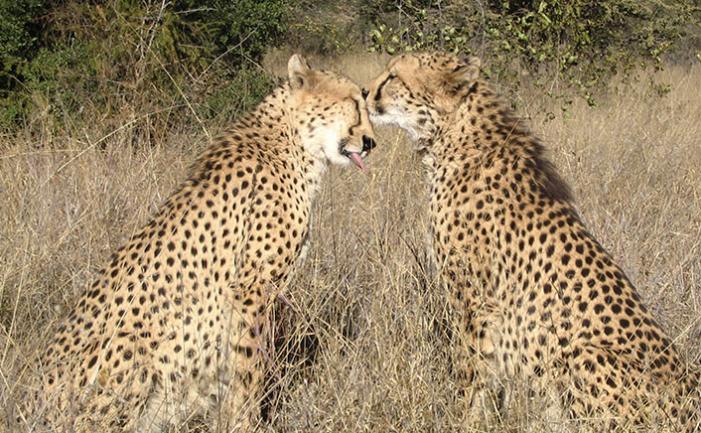
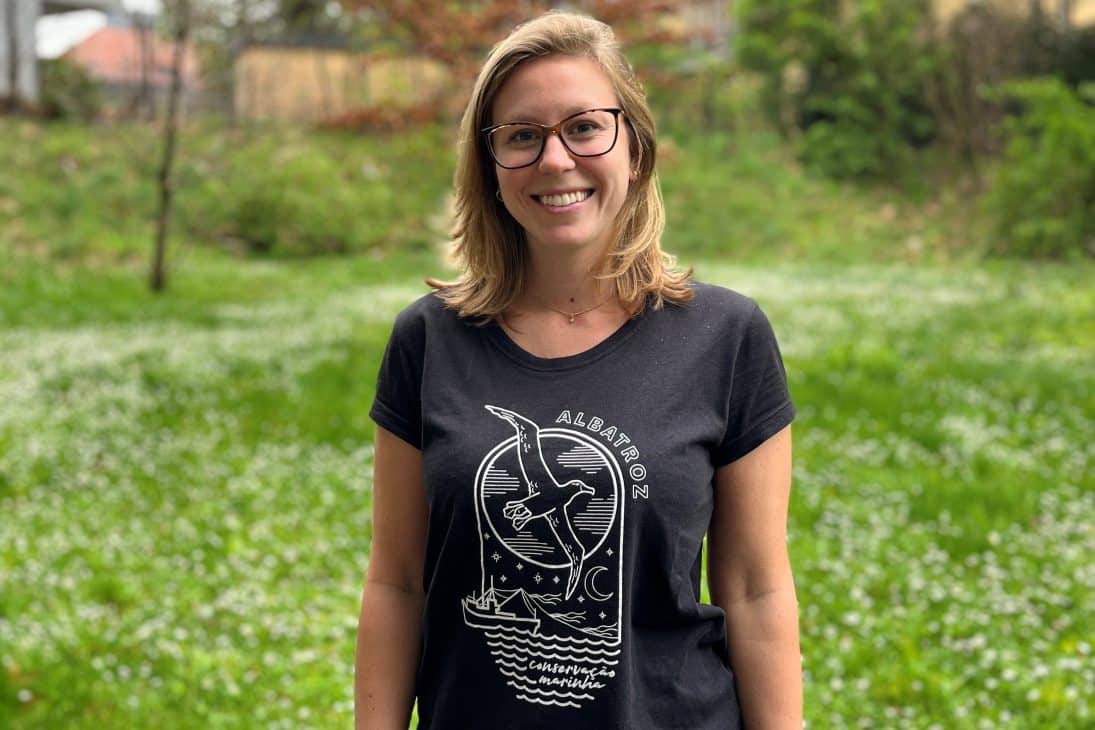
Annelise Zabel Sgarioni
SeabirdsAnnelise Zabel Sgarioni
Annelise is currently pursuing a PhD in Environmental Science and Technology at the University of Vale do Itajaí (UNIVALI), studying the microbiome of seabirds of the Procellariiformes order, one of the most threatened groups of seabirds in the world. Her research has two goals: a better understanding of the impact of global threats on the health conditions of the seabirds themselves, and the detection of potential zoonotic diseases that can be transmitted by migratory species of seabirds. The microbiome study will be conducted on the southern coast of Brazil. Annelise will also educate the local people on seabird rescue and the prevention of zoonotic disease transmission. She was nominated by UNIVALI professor André Barreto.
Awarded a Veterinary Scholarship
Location: Brazil
University: University of Vale do Itajaí (UNIVALI)
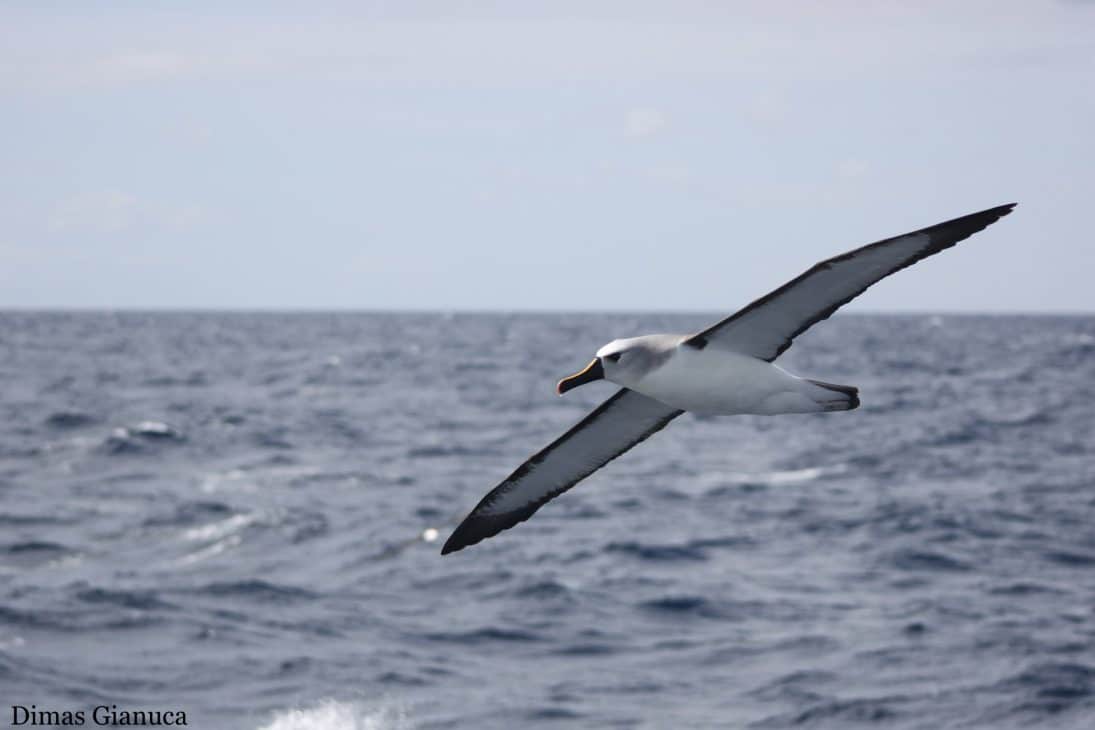
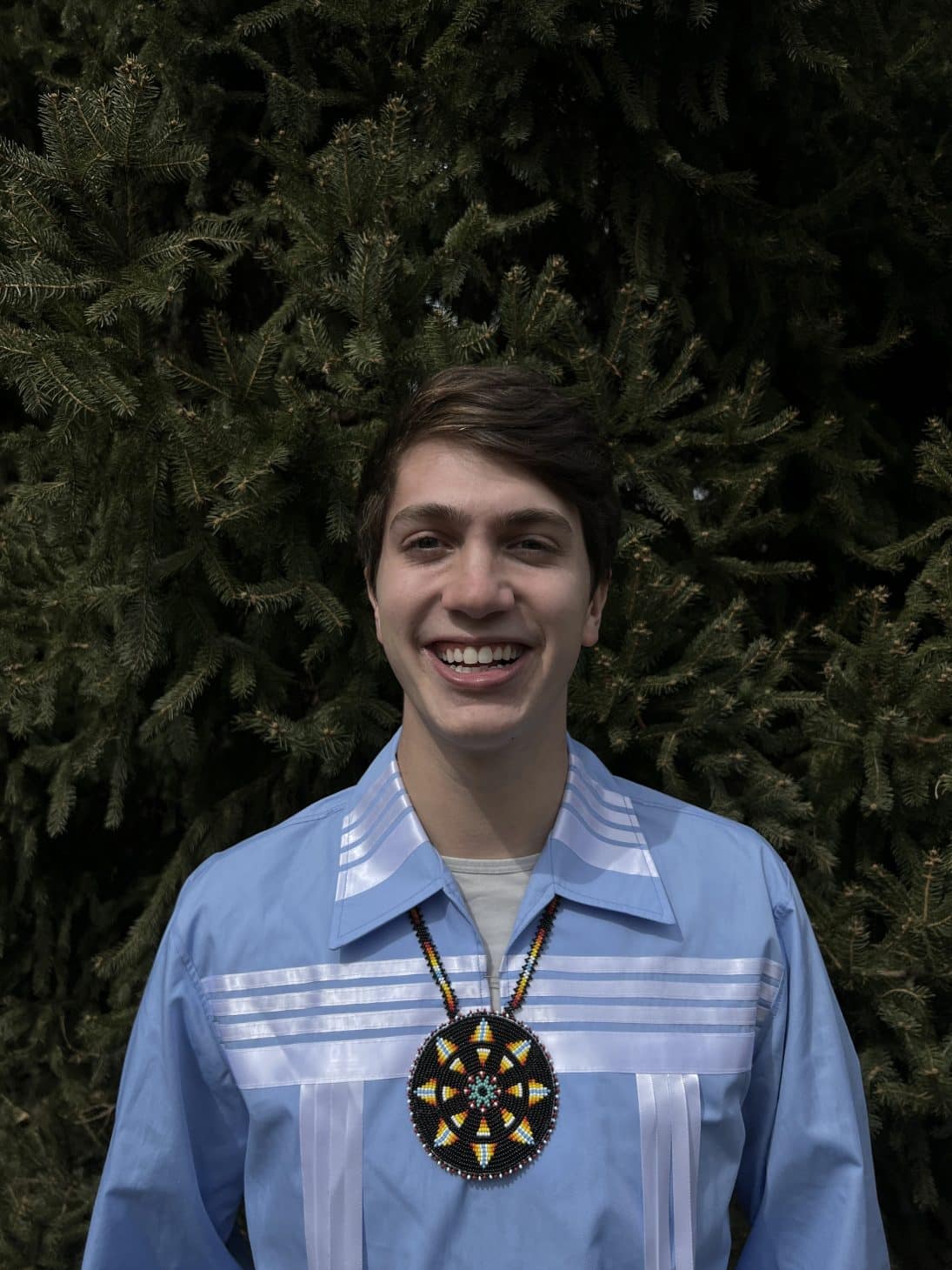
Avery Tilley
Wildlife DiseasesAvery Tilley
Avery is currently pursuing a Doctorate of Veterinary Medicine at the University of Georgia’s Southeast Cooperative Wildlife Disease Study. When he finishes his PhD, he hopes to work for a native tribe or the US Fish and Wildlife Service as the first Native American wildlife veterinarian, specifically devoted to tribes who need veterinary assistance. He was nominated by Dr Julie Swenson, Associate Veterinarian at the Fossil Rim Wildlife Center. He has been awarded through the Veterinary Scholarship and US Indigenous Scholarship.
Awarded a Veterinary Scholarship
Location: USA
University: University of Georgia’s Southeast Cooperative Wildlife Disease Study




